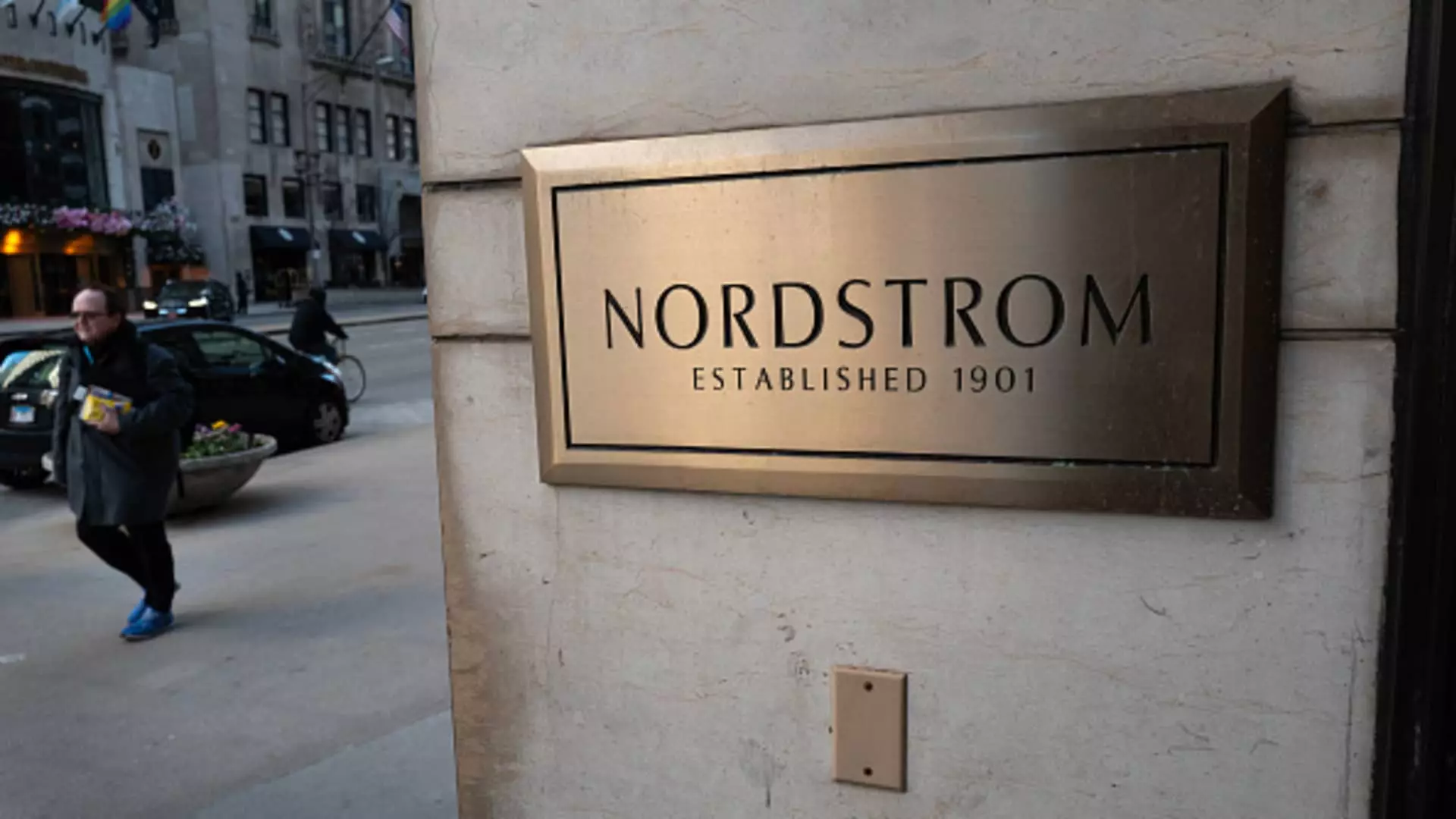On a pivotal Monday, Nordstrom announced it is taking the substantial step to become a private company, concluding a buyout agreement valued at approximately $6.25 billion. Under this new arrangement, the founding Nordstrom family will hold a significant 50.1% ownership stake, while Mexican retail chain El Puerto de Liverpool will hold the remaining 49.9%. This strategic move comes as the company’s board of directors expressed universal approval for the transaction, which anticipates closure in the first half of 2025. Common shareholders are set to receive $24.25 in cash per share, highlighting a clear return on their investments.
Erik Nordstrom, the CEO, expressed optimism about this transition, stating, “Today marks an exciting new chapter for the business.” His remarks underscore the company’s foundational ethos of prioritizing customer satisfaction, which has sustained its legacy for over a century. With family control now firmly established, there are expectations that the company will refocus its efforts to not only maintain but also enhance its market presence in the increasingly competitive retail landscape.
This venture into privatization is not Nordstrom’s first attempt. A previous bid for becoming a private entity in 2018 did not culminate successfully, reflecting the often tumultuous nature of corporate strategies in the retail sector. Just this past September, the Nordstrom family’s attempt to take the company private at $23 per share fell short at approximately $3.76 billion in valuation. Recent market trends have nudged Nordstrom’s stock prices upward, particularly following a Reuters report hinting at privatization intentions. Such fluctuations compel a closer examination of the market’s sentiment and the underlying value of the company.
Despite Nordstrom’s recent positive sales report, which indicated a 4% year-over-year revenue growth, the company faces some critical challenges. The luxury retail market has begun to show signs of strain, as consumer spending shifts focus primarily toward essentials over discretionary luxury purchases. Major retailers like Walmart and Target have similarly noted this cautious consumer behavior, reinforcing a trend where price sensitivity plays a pivotal role in purchasing decisions. With the holiday season expectations tempered, Nordstrom’s leadership will have to navigate these dynamics astutely.
As Nordstrom embarks on this transition, several key considerations come to the fore. The strategic partnership with El Puerto de Liverpool may yield new opportunities for growth, particularly in leveraging international market expertise. Additionally, bolstering its commitment to customer engagement and satisfaction will remain imperative. Stakeholders will be keeping a watchful eye on how this eminent shift in ownership will transform Nordstrom’s operational strategies and overall market approach in a shifting retail environment.
This privatization journey could ultimately redefine Nordstrom’s identity, aligning it closer to the needs of its core customer base and ensuring it remains a cornerstone of the retail landscape for generations to come.

Leave a Reply